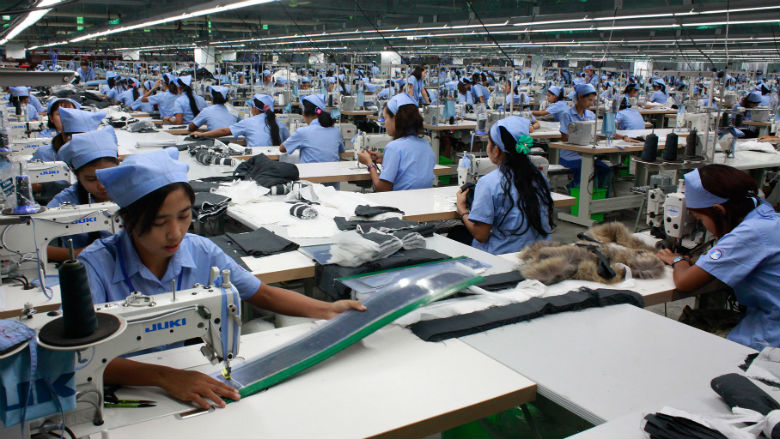New report highlights opportunities for continued reforms, diversification and soft infrastructure
NAY PYI TAW, June 27, 2016 – Rapid trade growth can help Myanmar reduce poverty and boost shared prosperity, according to a new report, Myanmar Diagnostic Trade Integration Study.
Myanmar’s Ministry of Commerce led the study and requested support from the World Bank Group, culminating in a joint presentation last week in Nay Pyi Taw. The report provides a roadmap for mainstreaming trade and competitiveness in Myanmar. It says the key to success will be further reforms to encourage trade openness, a shift away from an over-dependence on natural resources, and the development of so-called soft infrastructure.
"We expect to use the DTIS Action Matrix as a reference for the development of our trade program and invite development partners for cooperation in technical and financial assistance to support actions mentioned in the study," said H.E. Dr. Than Myint, Union Minister for Commerce.
Myanmar’s trade started from a relatively low base. Now a boom in trade and investment has boosted average economic growth by more than 7 percent per year. Garment exports grew threefold between 2005 and 2014, and the tourism industry grew about 35 percent between 2009 and 2015. Myanmar’s goal is for sustained gross domestic product growth of 7.7 percent per year, which, if achieved, would double the country’s GDP in about nine to 10 years. However, the country is still constrained by underdeveloped and fragmented institutions, bureaucratic delays that increase the costs of trade, and underdeveloped quality and standard infrastructure among others.
“Myanmar’s trade is growing fast and still has enormous potential for further growth. The country has a comparative advantage in its significant natural and agricultural resources, untapped labor and a location that shares borders with markets accounting for 40 percent of the world’s population,” said World Bank Country Manager for Myanmar Abdoulaye Seck. “Myanmar’s reintegration into the global economy presents the country with a unique opportunity to translate this growth in trade into less poverty and more job opportunities, income gains, and shared prosperity for all.”
According to the report, three main drivers can ensure inclusive growth: continuing reforms to reduce costs for the private sector to conduct trade; diversifying into sectors with high potential such as light manufacturing, services and sustainable agribusiness to rebalance the economy away from its overdependence on natural resources; developing soft infrastructure reforms to help reap the benefits of hard infrastructure investments by reforming procedures and regulations along with strengthening institutional capacity.
The report emphasizes that trade-related reforms and programs can help reduce poverty and support the peace process. To ensure that everyone benefits from trade, the report recommends that Myanmar address skills shortages, improve access to finance, develop the tourism sector, and connect lagging regions to markets through better infrastructure.

